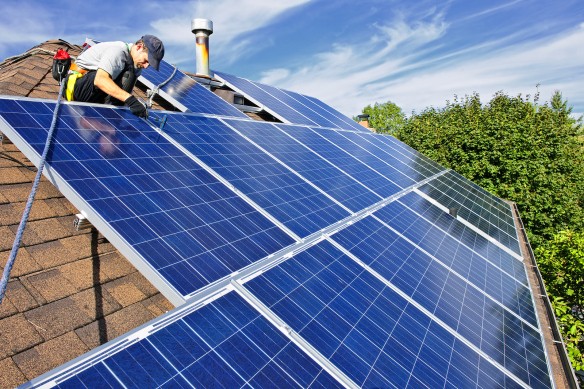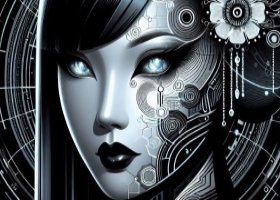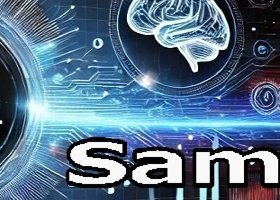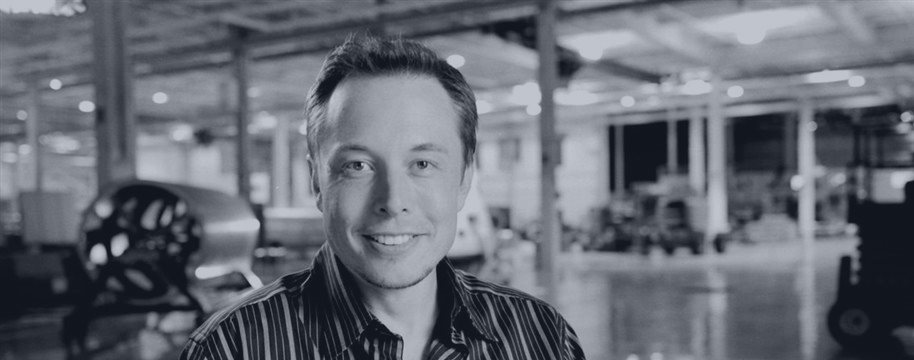
Elon Musk's 5 greatest inventions that are changing the world
With inventions which have won Elon Musk multiple entrepreneur and innovator-of-the-year awards, some say he is a 21st century Thomas Edison.
Musk has been actively inventing things since he was a teenager. Early efforts in software have since grown into consumer products and mass-transportation visions. And while some of those visions may seem impossible at first glance, Musk's track record has turned many doubters into believers. His breakthrough thinking has helped him amass a net worth around $13.5 billion.
Here is a look at the greatest, shocking and inspiring things Musk created:
1) Electric car, Tesla Motors
The first thing which comes to mind when hearing Musk's name is Tesla - the publicly traded e-car company whose stock has risen nearly 700% in the last 2.5 years to nearly $215. Although its third-quarter results missed Wall Street estimates, the company boasts revenues of $1.24 billion and claims strong guidance for future deliveries.
There's much demand for the cars, particularly the upcoming Model 3 (which
will start at $35,000), but the firm
continues to struggle with manufacturing sufficient cars to keep up with
that demand. That is why it plans to sell $500 million shares of stock
to fund capital expenditures.
There is logic to Tesla selling cars at such a high price even though it limits the market available to the company to the ultra-luxury segment, Forbes says. But it also highlights why Tesla is far from posing a threat to the market share of leading auto makers like Toyota.
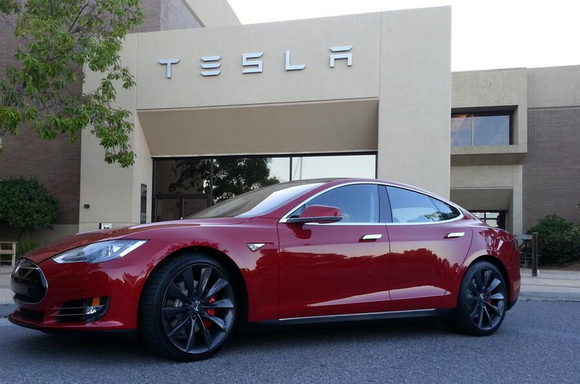
Tesla Model S
2) Falcon rocket, SpaceX
The second most famous Musk's company is the aerospace one. Founded in 2002 to help slash the cost of space
transportation and enable the colonization of Mars, its Falcon 1
and Falcon 9 rockets were constructed to be reusable. The company has flown
six cargo resupply missions to the International Space Station and has
been awarded a contract by NASA to develop a spacecraft to take crew
members to and from the ISS.
SpaceX aims to send humans to Mars' surface within 10 to 20 years. In a July 2013 interview with The Guardian, Elon Musk said he'd like to fund a colony of 80,000 people on the red planet – and become a colonist himself. "The key thing for me is to develop the technology to transport large numbers of people and cargo to Mars. That's the ultimate awesome thing."
Earlier this year, the company (which is privately held) had a failure when one of its Falcon 9 rockets exploded after liftoff. It has since suspended flights, giving it time to redesign the two-foot metal bar that failed and caused the explosion, as Musk said.
We do not know yet when SpaceX is going public, especially after this setback, but when it does, analysts say owning SpaceX stock is like having Google stock when the company unlocked a way to organize and search data on the Web – shares went up 179% their first year on the market.
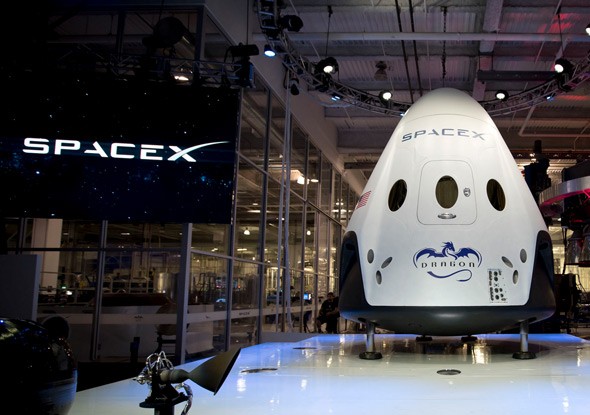
3) Hyperloop
Hyperloop might be Musk's most ambitious idea. Basically, it is a passenger tube that shoots capsules in a low vacuum environment, reaching speeds of 760 mph. In essence, passengers are moved like a puck on an air hockey table, except in a controlled environment that has the ability to slow down and speed up as it is necessary.
This system was introduced in 2013 and is still in the formulative stages. It intends to allow passengers to travel between Los Angeles and San Francisco in 35 minutes or less — faster than a commercial flight.
The rail system would work in a tube with
extremely low air pressure, which would theoretically reduce drag and
enable higher speeds at up to 800 miles per hour with lower power
consumption.
This project is yet to come true. The company's first venture is scheduled to begin construction next year, with a 5-mile loop around Quay Valley, California.
Many have come out against the idea, saying that it will not work for a variety of reasons. Chief among them are concerns over earthquakes, as well as fears about the air pressure. There are also concerns that the compressed air would create too much heat, or that a small leak might prevent the near vacuum from staying at appropriate levels.
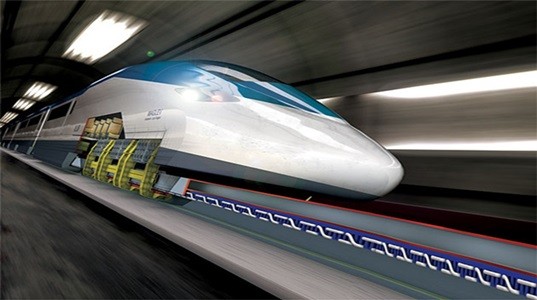
4) Electronic payments, PayPal
In 1999, Musk co-founded a company called
X.com, which dealt with financial services and email payments. In 2000, X.com merged with Confinity and took the name of that
company's best-known service, PayPal.
The two technologies built a powerhouse that paved the way in online payments, which in 2002 was bought by eBay for $1.5 billion. Musk got $165 million from that deal.

5) Solar-power system, SolarCity
Musk and his cousins founded SolarCity in 2006, and it has since become the second-largest provider of solar-power systems in the country, with revenues of $102.8 million in the recent quarter. It is mainly focused on California, but it also provides installations in select areas of 14 other states, including the District of Columbia.
It's
in the process of creating storage systems letting people use the
power produced by solar panels at night.
The company is also cooperating
with Tesla to offer free solar-powered charging stations to owners of
the Tesla cars traveling Route 101 from San Francisco to Los Angeles or
back.
